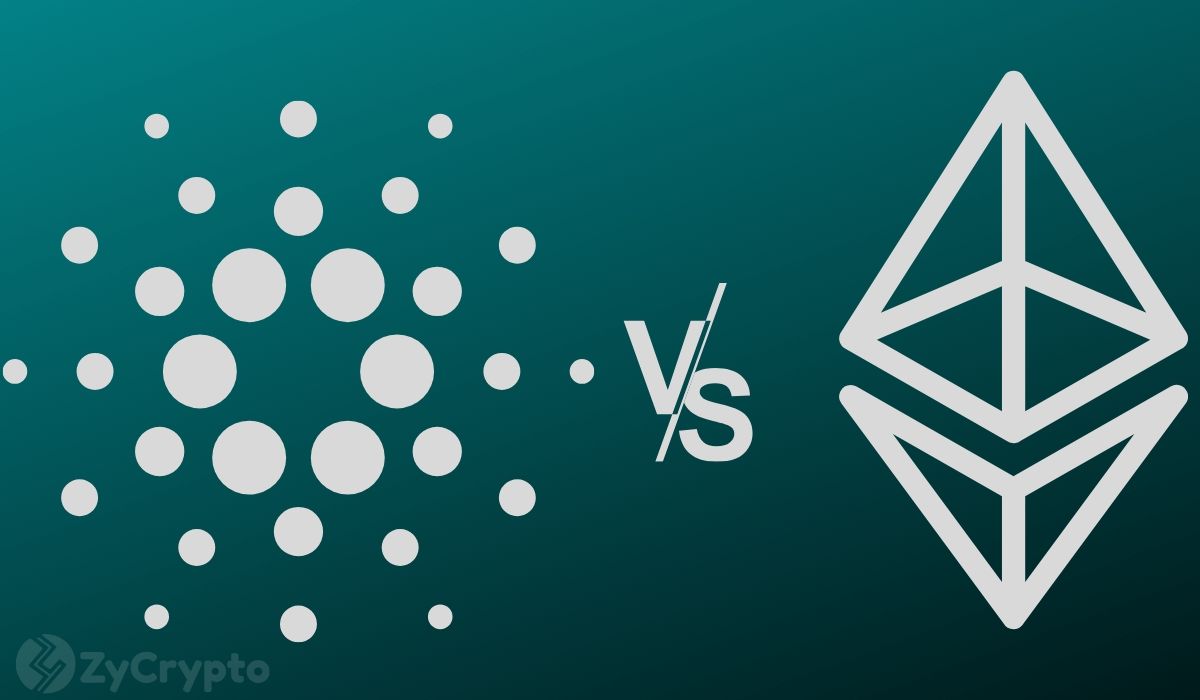Charles Hoskinson, co-founder of Cardano and Input Output Global, has strongly criticized media outlets for misrepresenting his views on Ethereum’s governance model, sparking a heated debate in the cryptocurrency community.
Notably, the latest controversy erupted following Hoskinson’s interview with Cointegraph at the Token2049 conference in Singapore, where he discussed the differences between various blockchain governance structures.
In an article published on September 25, the media outlet reported that Hoskinson had referred to Ethereum’s governance as a “dictatorship,” claiming that Ethereum co-founder Vitalik Buterin exerts too much influence over the network’s development.
However, Hoskinson swiftly took to X to express his frustration with what he perceived as sensationalized reporting, stating, “I’m just going to stop giving you guys interviews. I’ve had enough of the dramatic headlines and wasted interviews.”
Seeking to clarify his position further, Hoskinson gave an exclusive interview to popular crypto analyst David Gokhshtein on Sept. 27. During this conversation, Hoskinson elaborated on his original comments and expressed his disappointment with how his words were portrayed.
“The whole point of Cardano governance is that it’s a middle ground where you actually get to vote for your leadership, you actually get to vote on the roadmap,” Hoskinson explained. He emphasized that his intention was to highlight the differences between various governance models, not to attack Ethereum or Buterin personally.
Hoskinson, who is also an Ethereum co-founder, further clarified his stance, stating, that he does not have any problem with Vitalik, emphasizing that “They’re the ones talking about me, not me talking about them.”
The Cardano founder also addressed the broader issue of governance in blockchain networks. He argued that Cardano’s approach strikes a balance between the perceived rigidity of Bitcoin and the centralized decision-making he associates with Ethereum.
“We have one [on-chain government], so that was the only point,” Hoskinson explained, highlighting Cardano’s efforts to implement a more democratic governance structure. Hoskinson further called for more accurate and nuanced reporting in the cryptocurrency space. He suggested that future interviews should be conducted live and unedited to prevent misinterpretation.
That said, this is not the first time Hoskinson has voiced his frustration over what he sees as misinformation about Cardano. Earlier this month, he addressed claims suggesting that ADA’s strong position in the cryptocurrency rankings is primarily due to stakers being unable to sell their locked assets. These allegations impled that ADA holders are restricted from selling their tokens because they are tied up in staking pools, leading to an artificially inflated market value.
“The lies and misinformation about Cardano have reached epic levels. Staking isn’t locked, yet the narrative persists. Why does anyone trust these sources anymore?” he tweeted on Sep.11.


